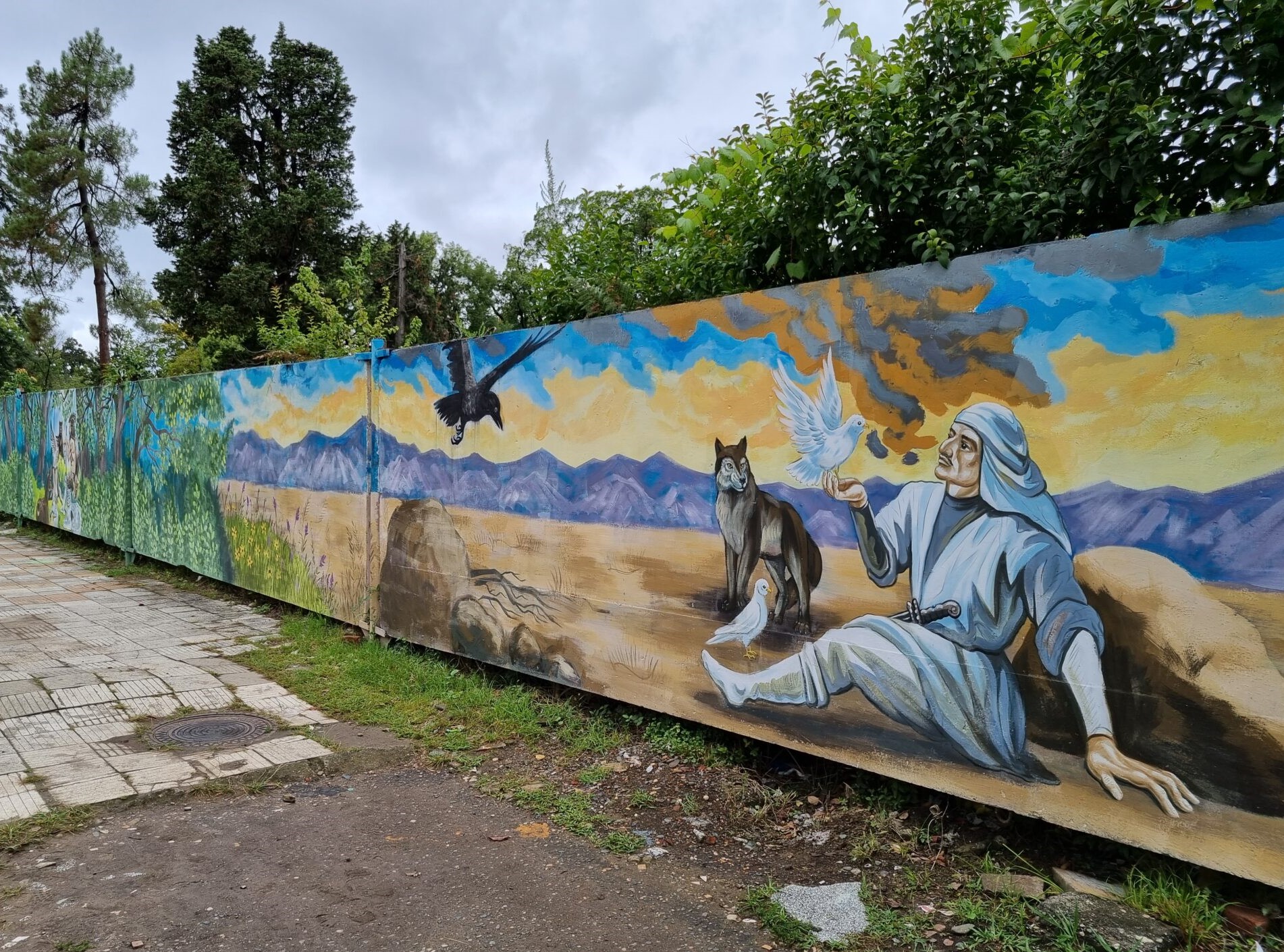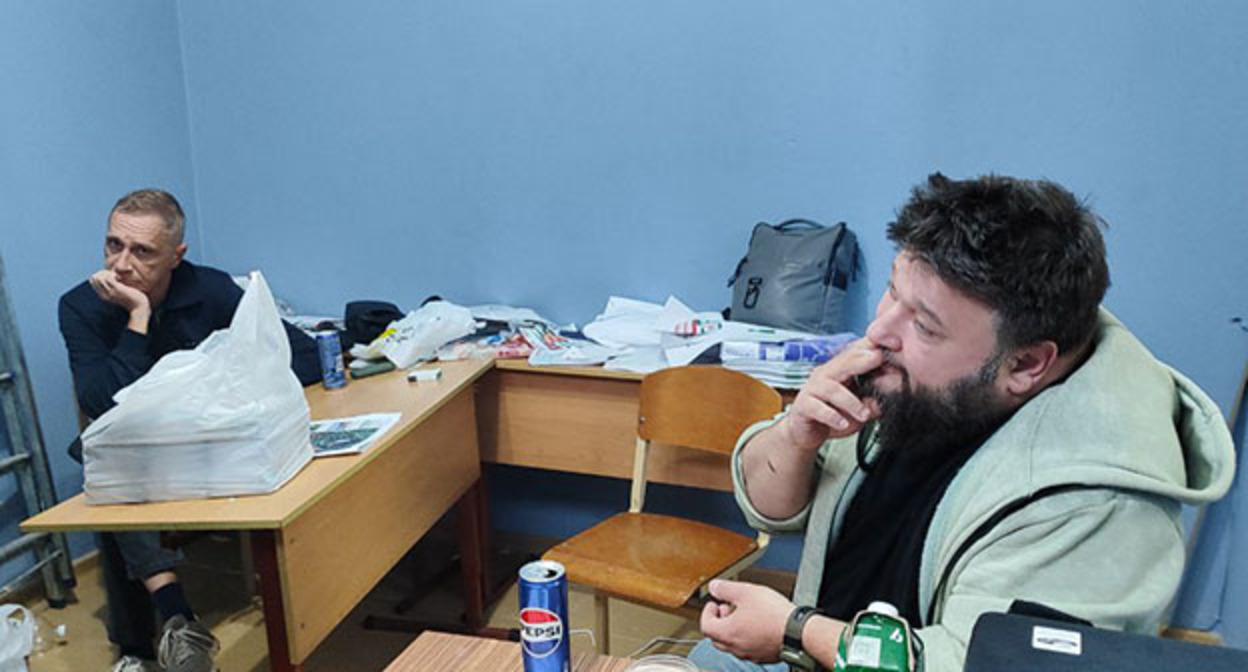Local dumplings or foreign tourists? Small business in Abkhazia
Small business in Abkhazia is highly sensitive to any developments — from tensions in Russian-Abkhaz relations to gossip on social media. Here are three stories of the challenges faced by local entrepreneurs last summer.
Dumpling patriotism
Astanda (name changed) runs a small dumpling workshop with five of her sisters — her sibling, cousins and second cousins.
“Sometimes the kids help out at weekends. Last summer I even paid my daughter the same as everyone else,” she says.
It is a modest business with limited output, but enough to live on. The brand has gone through the full licensing process, and health inspectors check the workshop regularly. Astanda is proud that her dumplings are sold in every shop in Sukhumi.
But in late August, an unpleasant incident occurred. A popular news account on Instagram posted a photo of a weevil supposedly found in her dumplings. According to Astanda, it did affect sales — but only slightly and briefly.
“One shop refused to take the next batch, saying they would sell factory-made imports instead. But a few days later they called and asked us to resume deliveries because customers were demanding local products.”
Astanda insists that people in Abkhazia prefer locally made food, knowing it comes from small family workshops where cleanliness is easier to maintain than in huge Russian factories. And, she adds, locals simply prefer the taste of beef from cattle raised in Abkhazia.
“People have become smarter. No one wants minced meat made from gristle and sinew from cattle raised in cages and pumped full of hormones. Everyone understands there’s more good meat in our pelmeni than in the imports. That’s why people love and wait for our product.”
She is confident that no crisis can threaten her business, since her product is aimed primarily at local residents, meaning sales are not dependent on the season. Still, she admits demand rises in summer thanks to tourists who also want to try local food.
Short waves and dead calm
The summer of 2025 was less fortunate for guesthouse owners. In June and the first half of July many small hotels stood empty. Only in mid-July and August were they able to run at full capacity.
“From 16 July to 7 September all eight of our rooms were occupied. But we have no more bookings. Whether anyone will come in the second half of September is unclear,” says guesthouse owner Natella.
She adds that all the visitors this season were families with children. Once the school year began, they left, and no new guests are on the horizon.
Most hoteliers explained their modest earnings this season by the fact that the tourist wave came all at once, lasted only a short time and then quickly ebbed away.
“In mid-August we had to turn many people away — there simply weren’t enough rooms. It’s a real problem that our season is so short. Now our only hope is the autumn school holidays. Maybe someone else will come then,” says Natella.
Unequal competition
Another sector unrelated to tourism has also come under threat — clothing and footwear shops. Several stores in Sukhumi have shut down, unable to withstand competition from the Russian online retailer Wildberries.
“On marketplaces you can order goods at prices far lower than we can possibly offer in a regular shop. People order whatever they like from home, and within a couple of days it’s delivered straight to Sukhumi.
But we have to bring everything through customs, pay the official tax and also ‘tip off’ the customs officers… And then at what price am I supposed to sell my goods?” complains Nugzar.
He and his wife used to sell children’s clothes and shoes, but when sales and profits began to fall and costs kept rising, they closed the business and switched to food retail instead.
“People always need to eat, and they need food right away. Of course, the risks are higher in food retail, but the market forced our hand,” Nugzar says.
Toponyms, terminology, views and opinions expressed by the author are theirs alone and do not necessarily reflect the views and opinions of JAMnews or any employees thereof. JAMnews reserves the right to delete comments it considers to be offensive, inflammatory, threatening or otherwise unacceptable.
News in Abkhazia




















